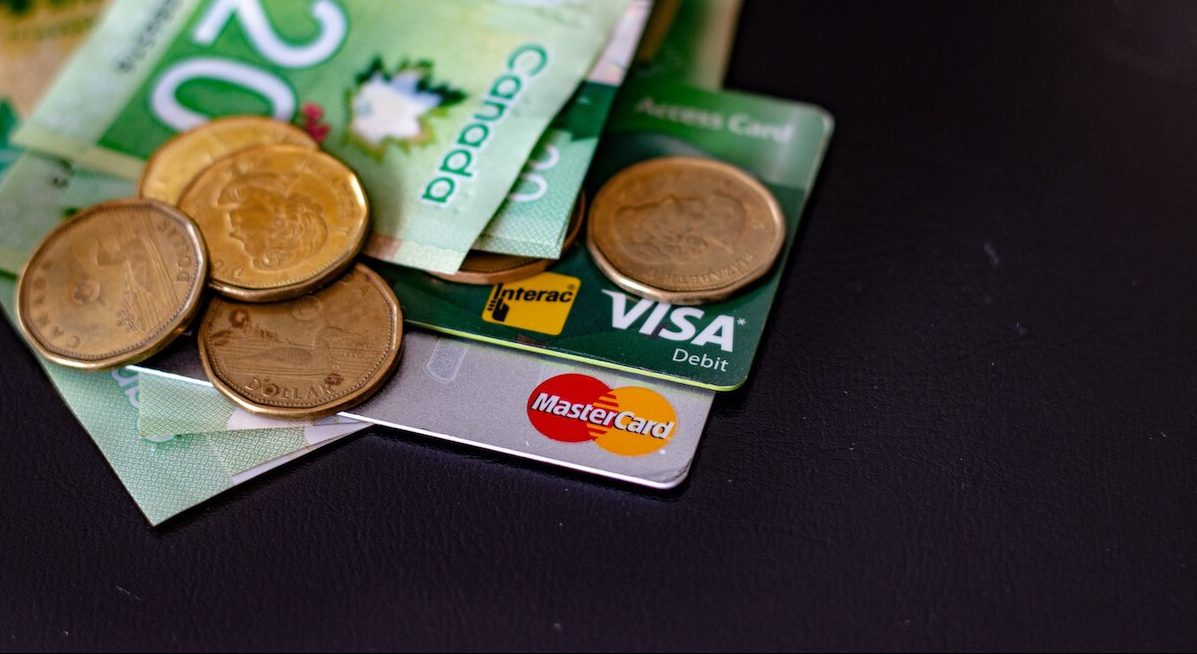If you’re ever in a situation where you need to access cash quickly, a cash advance can help. Say your car breaks down and you’ve taken it to a mechanic who only accepts cash, a cash advance can let you take out cash from your credit card or line of credit at a bank or ATM.
While this may seem like an appealing option, it’s important to understand all the consequences and fine print of relying on a cash advance. Cash advances aren’t treated the same way as regular purchases on your credit card and can get expensive quickly.

